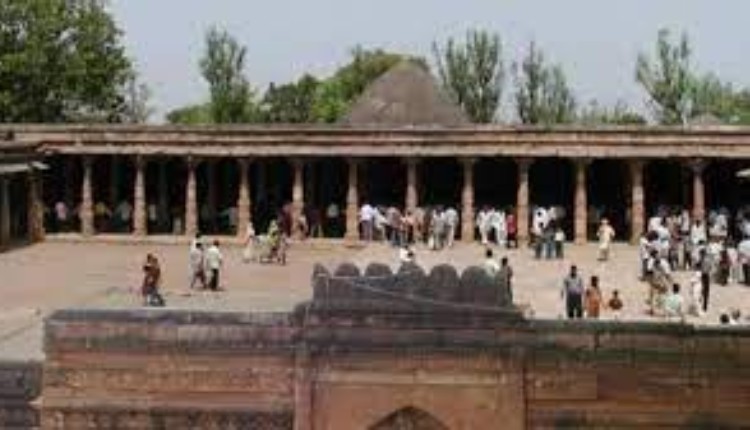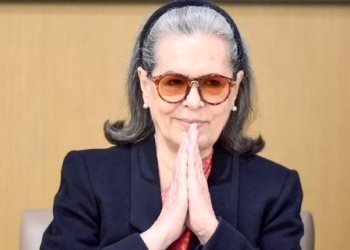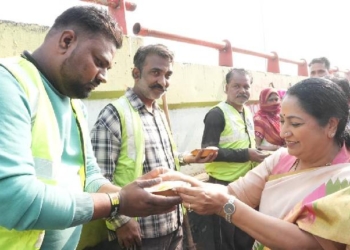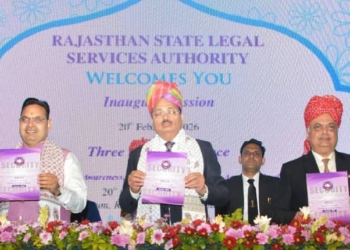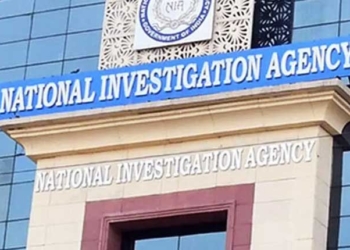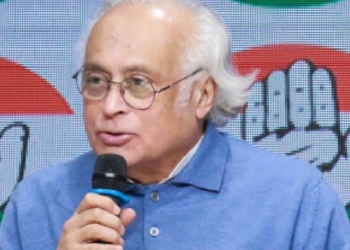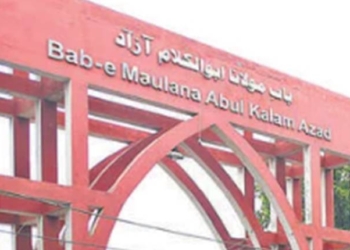Bhopal: The Archeological Survey of India (ASI) is set to conclude its ‘scientific survey’ of the Bhojshala temple-Kamal Maula mosque comples, said to be a 13th century monument in Madhya Pradesh’s Dhar district.
The Madhya Pradesh High Court had on March 11 granted permission for a ‘scientific survey’, and later on April 29 had given extension for eight weeks, which will expire on Thursday. The ASI, which carried out the excavation for the last 98 days, is supposed to submit its report to the High Court on July 2, as July 4 is fixed for the next hearing in the matter.
Whether the ASI has found some substantial evidence to probe the contentious claims on this particular complex by two communities – Hindu and Muslim — or would it seek further extension for the survey? It would become clear on July 4.
However, the Indore bench of the High Court in the last hearing on April 29, had said that it won’t give further extension and the ASI has been directed to complete its survey by June 27 and submit the report by July 2.
IANS contacted the Additional Director General in the cultural ministry, under whose supervision the ASI team is conducting the survey’, but his office refrained from making any statement as the matter is before the High Court.
However, Gopal Sharma, convener of the Bhojshala Mukti Yagna, who remains present during the survey as a representative of Hindus, talking to the press claimed that the ASI has found several archaeological remains, including the idols of Lord Shiva and ‘Vasuki Naag’ (the mythological snake with seven hoods).
The ASI started the ‘scientific survey’ in March this year following a directive by the Madhya Pradesh High Court which sought to ascertain the ‘true character, nature and form’ of the disputed site in the wake of both the Hindus and Muslims staking claim over it.
During the survey, more than 1700 artefacts have been uncovered, including numerous statues, structures, pillars, walls, and murals. The ASI also carried out a ‘carbon dating’ survey of stones/pillars found during the excavation of the complex premises. The entire survey process was carried out by complying with the direction of the High Court and in presence of representatives of both Hindus and Muslims.
At present, the complex is under the ASI’s protection and Hindus are allowed to worship in Vagdevi (Saraswati) temple in the complex on every Tuesday, Muslims are permitted to offer namaz in the mosque, situated on one side of the complex, on every Friday.
(IANS)




